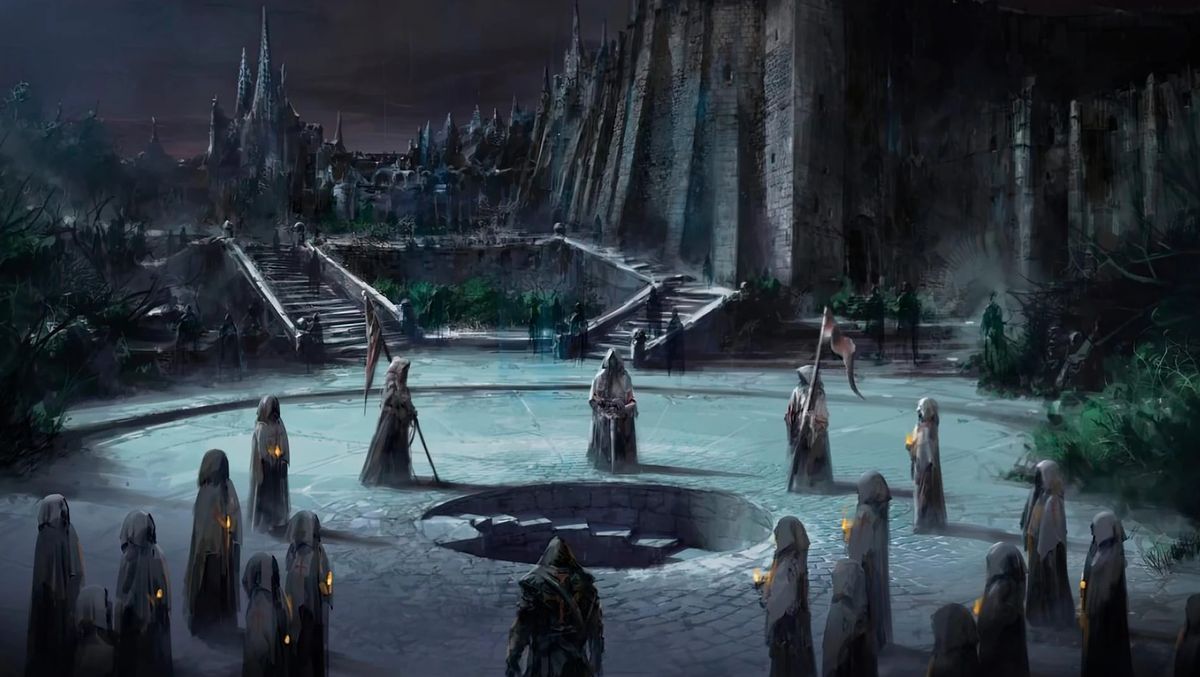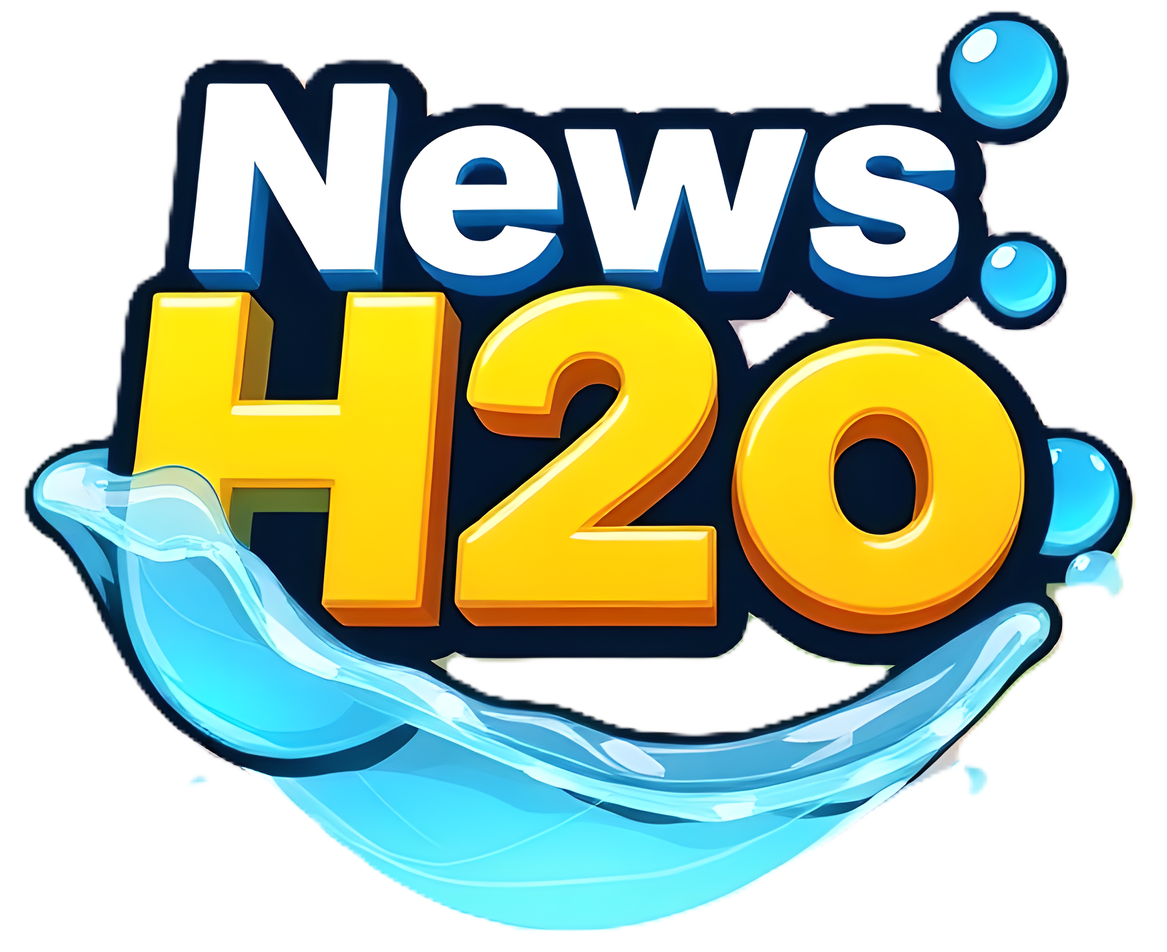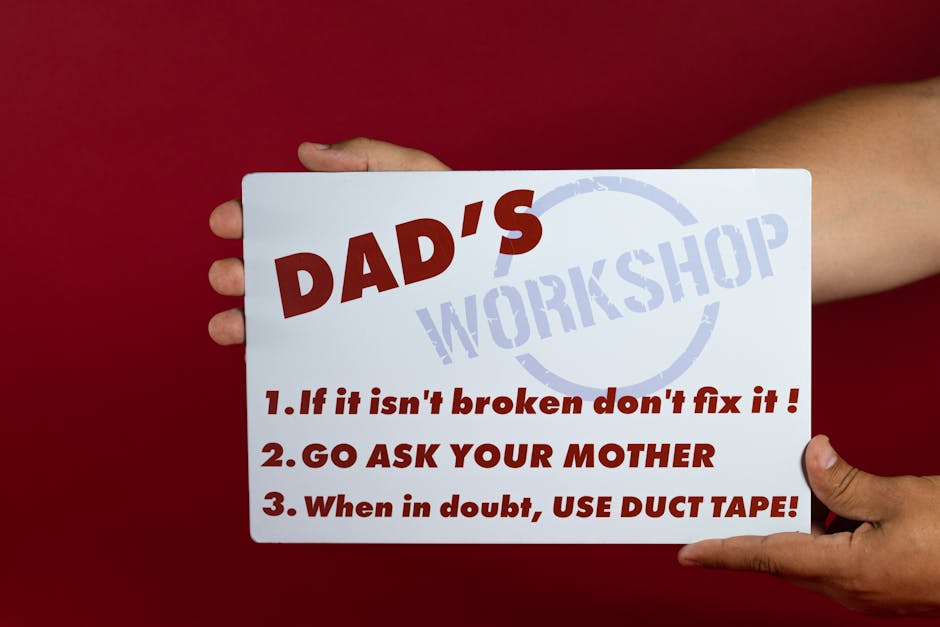Wyrdsong was first announced three years ago on Gamescom Opening Night, but the RPG from long-time Bethesda and Obsidian veterans has faced numerous obstacles since its announcement. Developed by Something Wicked Games, Wyrdsong promised to be blending of talents that had Elder Scrolls fans excited for something that would (probably) release before The Elder Scrolls 6, but the studio announced last year that it had laid off much of its staff. Now we have more news that the project isn’t dead in the water, but it doesn’t look like its original vision.
NetEase founded the game’s development with an initial investment of just over 13 million dollars, but that isn’t enough money to go far in today’s industry. Later attempts to find investors fell flat, and the studio made cuts to extend the development and finish the project.
Please enable Javascript to view this content
Studio co-founder Jeff Gardiner told PCGamer, “We’re down to a skeleton crew, and I am continuing to work hard to try to find further investment or publishing offers for the game. I’m hoping to sometime this year, but we’re just trying to hang on to ride out the storm, which a lot of people thought was going to be over in 2025 and I do not see that reality at all currently. Right now, it’s very tough.”

Gardiner says the quality and size of modern games contributes to part of the problem. In the earlier years of the industry, video games were shorter and fans would buy them more frequently. Now, massive games allow players to sink hundreds or thousands of hours into a single title. He cites Skyrim as an example.
Wyrdsong is still in development, and the team behind it is full of big names with years of developmental experience. However, unless they find funding and more talent to help finish the title out, Gardiner said there’s a chance the game might not release. “The risk of it never seeing the light of day, it makes me sad. That’s why I’m working really hard to make sure that doesn’t happen.”

Patrick Hearn writes about smart home technology like Amazon Alexa, Google Assistant, smart light bulbs, and more. If it’s a…
The scariest Alien sequel came out 10 years ago — and it isn’t a movie at all

Alien remains a one-of-a-kind nightmare. There’s just no replicating the dread of Ridley Scott’s 1979 deep-space thriller. James Cameron knew that, and smartly did his own thing with Aliens, fashioning a sequel that traded the original’s ruthless minimalism for bug-hunt spectacle. Scott knew it, too, judging from the direction in which he took the franchise with a pair of prequels, Prometheus and Alien: Covenant, which were heavier on philosophy and mythology than terror. Some of the other entries in the series, including this week’s Alien: Romulus, have gestured toward the primal simplicity of the first, pitting a small group of desperate people against that slimy, sleek killing machine from beyond the stars. But all of them are echoes.
In fact, the only Alien sequel that’s come within spitting distance of Alien — at least in the department of completely shredding nerves — isn’t a movie at all. It’s Alien: Isolation, the 2014 survival-horror game from Creative Assembly.
Read more
Live service isn’t gaming’s holy grail — and Bungie just proved why

If there’s one sign we can take from the unprecedented number of layoffs across the games industry these past two years, it’s that we’re in the midst of an identity crisis. The industry isn’t in any danger of crashing, but publishers and studios are now being forced to adapt to the new market in ways they may never have had to before. The two major strategies seem to be falling back to the safety of established IP, and rolling the dice in the hopes of launching a successful live-service game. The latter has been attempted by just about every big player in the space, from EA to Xbox, but very few have managed to siphon off a big enough audience from the established titles to last any meaningful length of time.
Recent layoffs at Bungie are just the latest sign of that. The Destiny 2 studio just cut 220 jobs in the wake of its successful and critically acclaimed The Final Shape expansion. Even if you manage to beat the odds and create a popular live-service game, it’s becoming clear that that’s still not a golden ticket that publishers can rely on.
High-risk, low reward
It’s nothing new in the games industry for big publishers to chase the latest trends. Live-service games are just the latest example, albeit a more broad one since it is more a business model than a genre. Instead of trying to recapture an audience with sequels and new titles every few years, these games hold an audience almost indefinitely and earn a consistent drip-feed of income that amounts to more profit in the long run.
Read more
Astro Bot isn’t getting PlayStation VR2 support, Team Asobi confirms

PlayStation’s upcoming exclusive Astro Bot will not receive PlayStation VR2 support, Nicolas Doucet, Team Asobi studio head, confirms to Digital Trends. Doucet says that the team is “100% TV” and notes that the addition of a VR mode down the line is unlikely.
The Astro Bot series first made a name for itself thanks to PlayStation VR. Team Asobi’s Astro Bot: Rescue Mission was hailed as one of the VR platform’s best games when it launched in 2018, leaving fans curious to see if the studio would develop a game for Sony’s newest headset, the PlayStation VR2. In an interview with Digital Trends at Summer Game Fest, Doucet confirmed that VR isn’t in the cards for its new game for logistical reasons.
Read more



